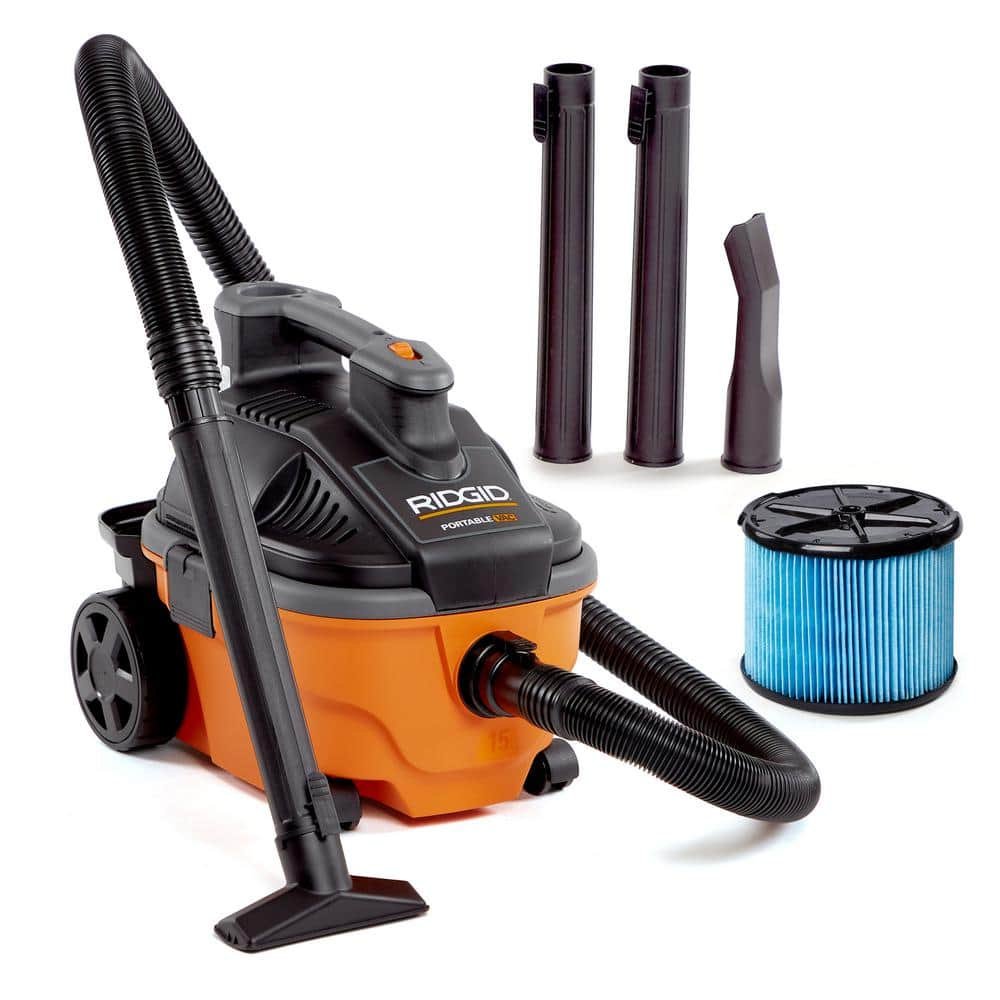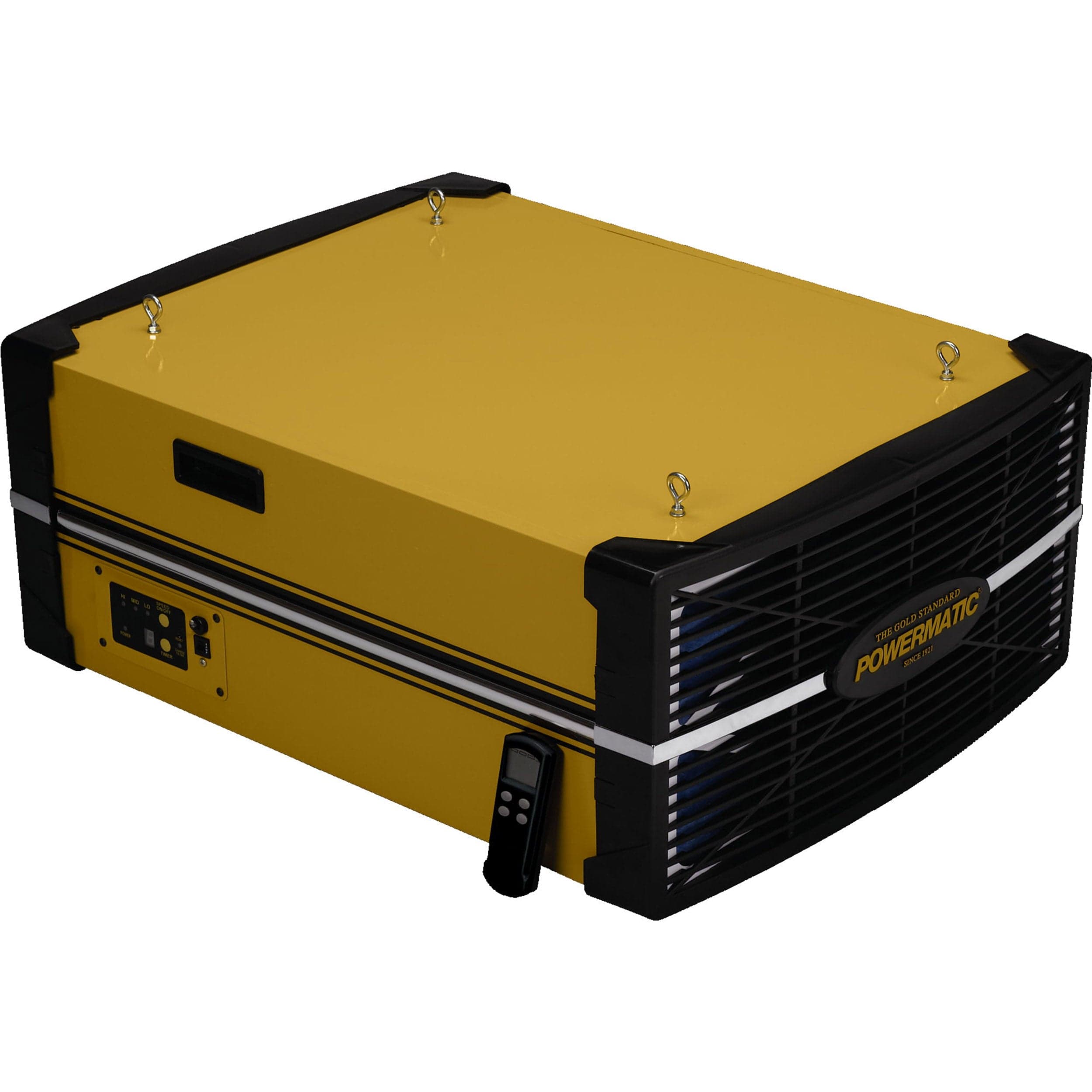Yamahonian
Active Member
As the title suggests, I am would like to embark on building a small woodshop in my basement. I plan to build furniture for the house as a hobby.
I plan to enroll in an online woodworking school, and need to buy the following power tools for the school.
Table Saw
Miter Saw
Jigsaw
Circular Saw
Drill and Impact Driver
Random Orbital Sander
I do not have a garage. The only area in the house that I can use for a woodshop is in the basement. The only access to the basement is from the living room of the house, and the windows do not open. So ventilation is a problem.
From what I have read, the act of sanding creates the most sawdust. So I am planning on buying a cordless sander, and do that work outside, to prevent dust from getting up into the house.
I can get a shop vacuum to attach to the table saw and miter saw to hopefully get most of the dust. The basement is sizeable, and I can lay down a large tarp on the floor to help with cleanup.
The issue I see is that the house was built in 1980, and the outlets in the basement just look old and like they have never been used. All of the power tools above can be bought cordless, except for the table saw and the miter saw (while they do come as cordless, they are very expensive). How can I test if these outlets are safe to plug a table saw or shop vacuum into?
I am obviously concerned about a basement fire, that would be devastating to the house. I am not sure if there is a simple way to test if the outlets are functioning safely to accept a table saw, or I need to have an electrician come out. I plan to sell the house later this year, so I am not looking to do any upgrades to the electric system at this time.
Aside from the possible problem with the electric outlets taking a table saw, what are the other concerns for using the basement as the woodshop? Will the sawdust be manageable with just a shop vac, considering there is no other ventilation?
I am new to all of this. I don't want to burn down the house!
If we think the basement is just a bad idea, then I will wait until I eventually live somewhere with a garage.
I also live in PA, so it gets humid in the summer. The basement is unfinished, unheated, and gets moisture in the air. I don't plan to buy more lumbar than needed for any given project. Will the tools be OK in this environment?
Thanks for reading and commenting!!!
I plan to enroll in an online woodworking school, and need to buy the following power tools for the school.
Table Saw
Miter Saw
Jigsaw
Circular Saw
Drill and Impact Driver
Random Orbital Sander
I do not have a garage. The only area in the house that I can use for a woodshop is in the basement. The only access to the basement is from the living room of the house, and the windows do not open. So ventilation is a problem.
From what I have read, the act of sanding creates the most sawdust. So I am planning on buying a cordless sander, and do that work outside, to prevent dust from getting up into the house.
I can get a shop vacuum to attach to the table saw and miter saw to hopefully get most of the dust. The basement is sizeable, and I can lay down a large tarp on the floor to help with cleanup.
The issue I see is that the house was built in 1980, and the outlets in the basement just look old and like they have never been used. All of the power tools above can be bought cordless, except for the table saw and the miter saw (while they do come as cordless, they are very expensive). How can I test if these outlets are safe to plug a table saw or shop vacuum into?
I am obviously concerned about a basement fire, that would be devastating to the house. I am not sure if there is a simple way to test if the outlets are functioning safely to accept a table saw, or I need to have an electrician come out. I plan to sell the house later this year, so I am not looking to do any upgrades to the electric system at this time.
Aside from the possible problem with the electric outlets taking a table saw, what are the other concerns for using the basement as the woodshop? Will the sawdust be manageable with just a shop vac, considering there is no other ventilation?
I am new to all of this. I don't want to burn down the house!
If we think the basement is just a bad idea, then I will wait until I eventually live somewhere with a garage.
I also live in PA, so it gets humid in the summer. The basement is unfinished, unheated, and gets moisture in the air. I don't plan to buy more lumbar than needed for any given project. Will the tools be OK in this environment?
Thanks for reading and commenting!!!



